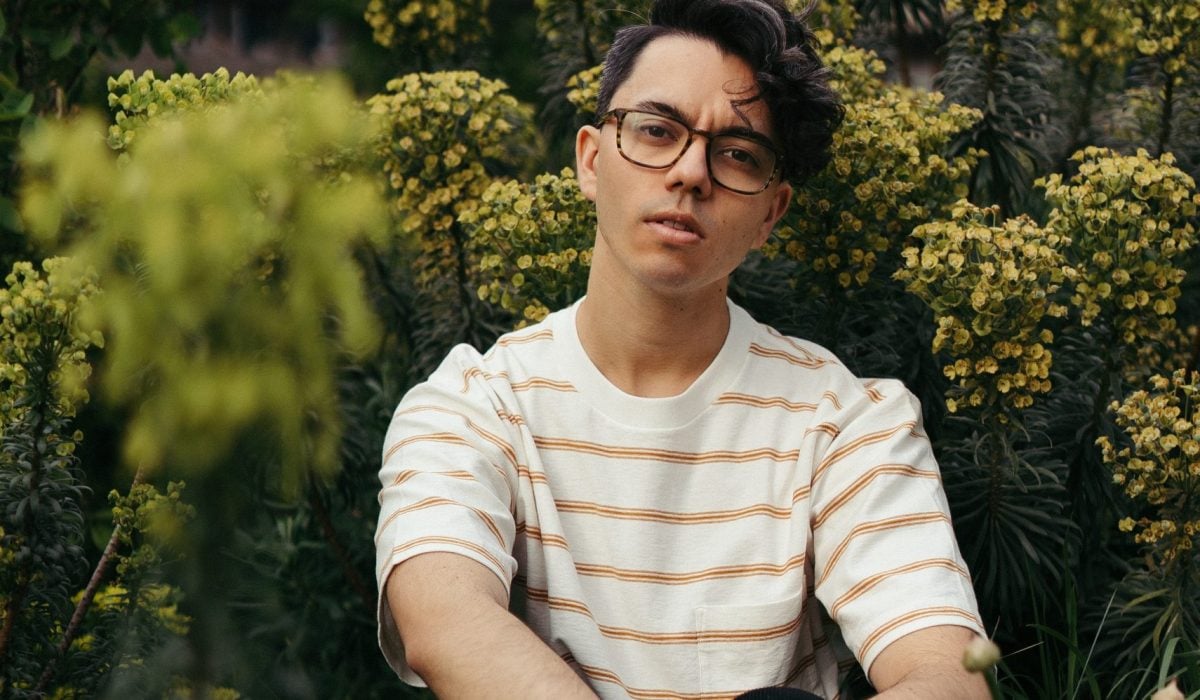
Connor D’Netto Program Note
See composer Connor D'Netto's program note below
Auburn’s original story, as spoken in The Moth podcast, is so beautifully woven together. As it unfolds before her audience she threads time back and forth, to a moment of crisis in her twenties, back to the present, to her childhood, and around the twists and turns of her life that lead to where she is. As Ali McGregor, Patrick Nolan, Kate Miller-Heidke, Keir Nuttall and I began our early development of the opera we swung back and forth on how we would tackle this, initially unsure if we would stick to it or chronologically reorder its parts; Kate and Keir’s libretto adapts it so perfectly. It slips through time, keeping that binding thread of a woman sharing a true story with an audience, but gives us time to sit for a while at each detour –moments to come to know her and her worlds more intimately, moments to reflect and ponder, and moments which envelope you in her most intimate, and sometimes darkest, inner workings.
I started creating the music of The Call from here, exploring each of these moments as their own little worlds, all the while sewing through that connective thread. These connected worlds are mirrored by their inhabitants — our lone voice a mother, a child, a lover, an addict, a storyteller, and all the same woman. Each scene was an opportunity to create and explore different colours and textures; at times a wonky march-waltz-hybrid emerges as we take a peek into her childhood self; sumptuous winding lines sensually unfold as she loses herself in memories of falling in love; and as anxiety bubbles in the surface, thin brittle textures layer in gradually in the strings, seeping through the cracks and building into a frenzy of panicked shimmering.
I wanted an ensemble with the flexibility to explore these different facets of the work while also maintaining a connected sonic identity throughout, firstly deciding to cut back the ensemble to all soloists, just nine string players each with their own part, and losing all the winds and brass other than two bass clarinets (I’m a big fan of their earthy richness, their potential for subtlety and expressiveness while also that for power and grunt). I wanted to add in guitars, and ever looking for collaborative opportunities, brought on Joe Fallon and Libby Myers, two fantastic players I’ve had the pleasure of working with on a number of occasions. Guitars, particularly of the electric kind, open such a huge world of possibilities and flexibility, building off their clean metallic tones with a whole pallet of effects from lush shimmering resonances to harsh grit and beyond.
